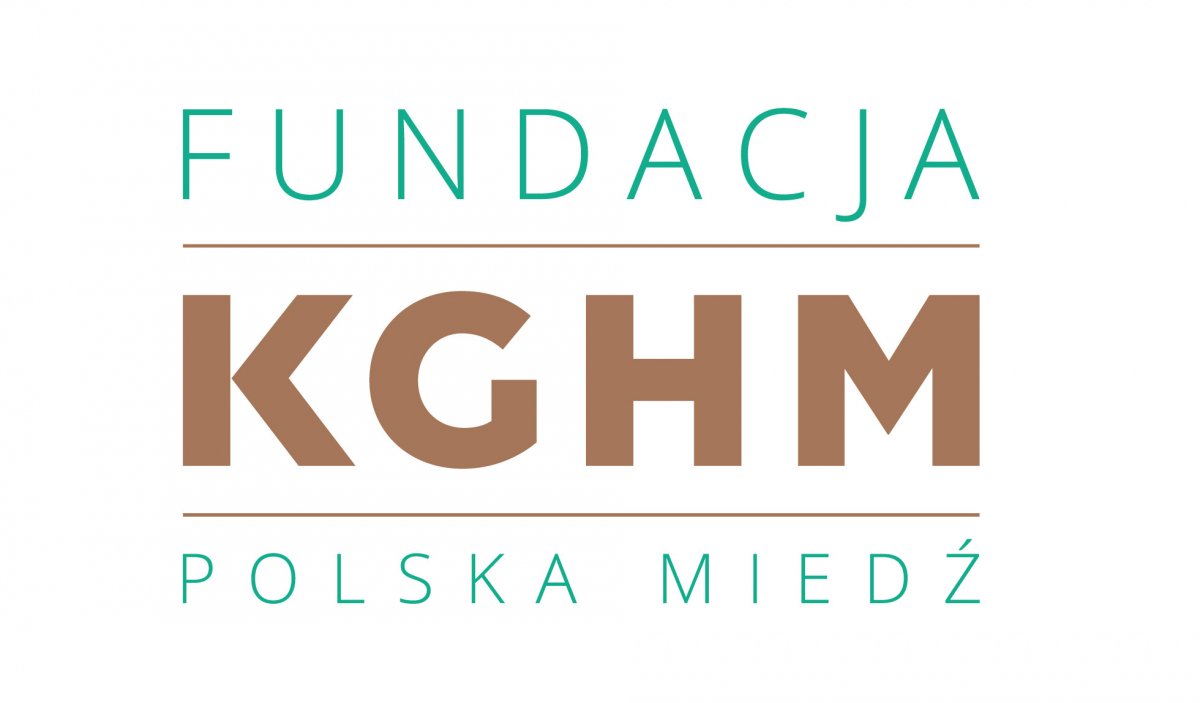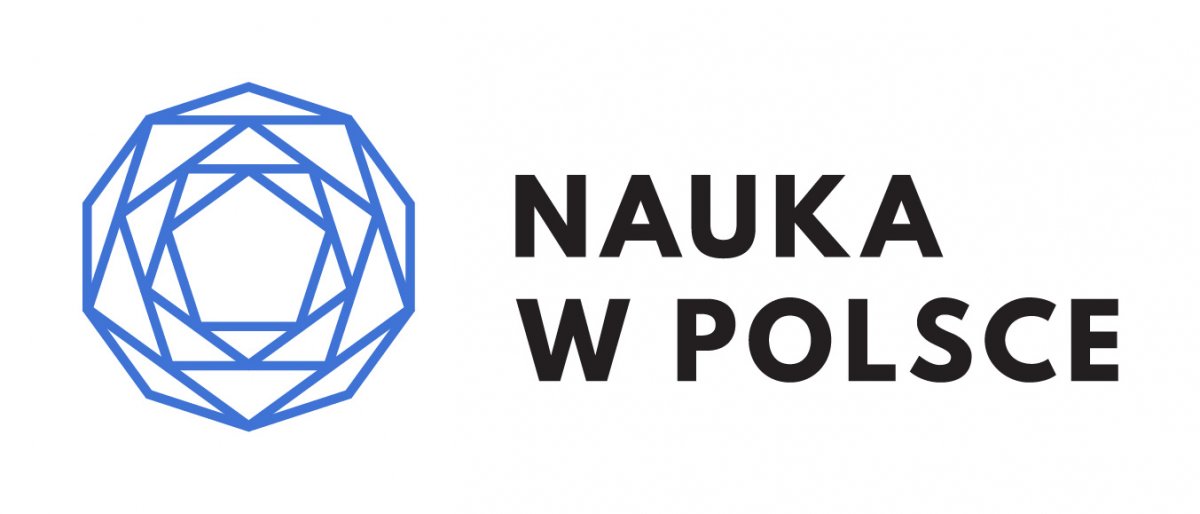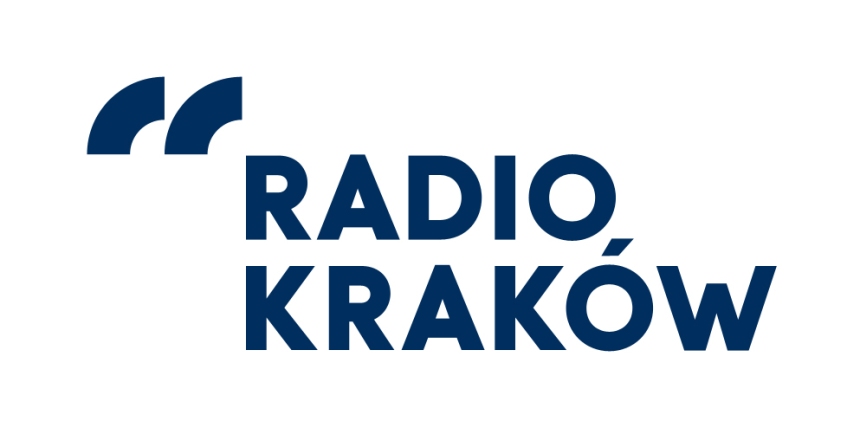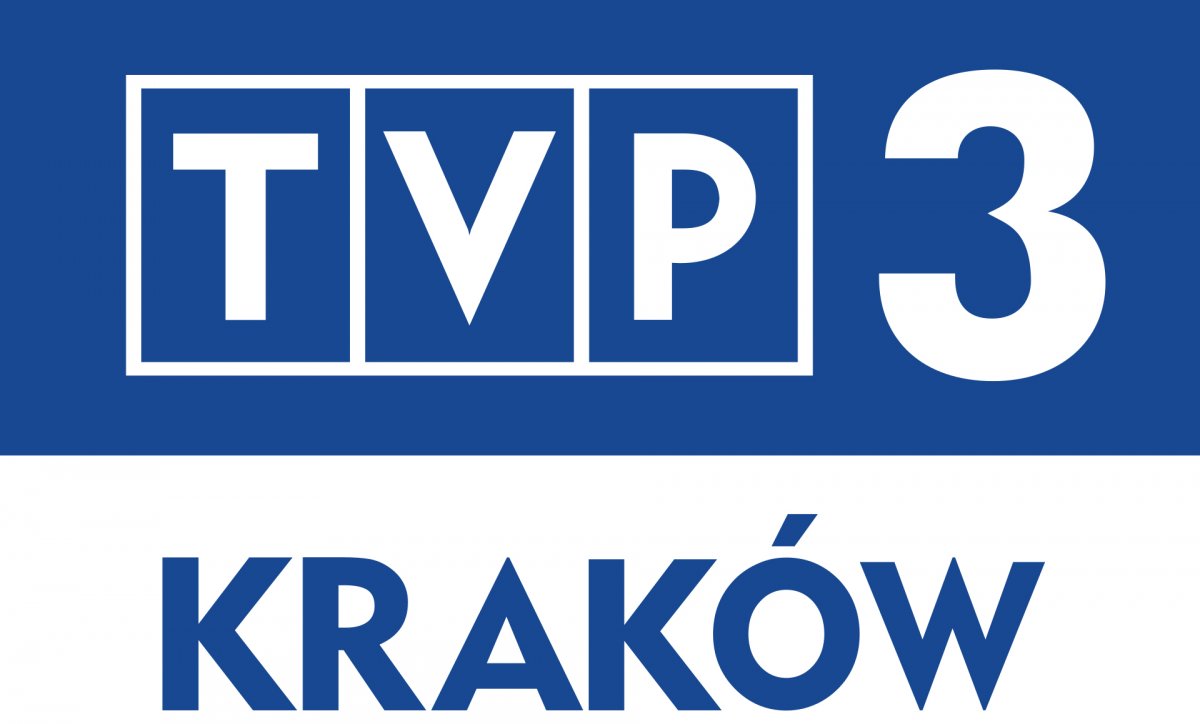Prof. Dr hab. n. med. Wojciech Fendler – NCN Award winner in Life Sciences
Scientific achievement: Significant findings in research into microRNAs as biomarkers of accidental exposure to ionising radiation and the side effects of radiotherapy
Born in 1982, Wojciech Fendler is a doctor affiliated with the Medical University of Łódź. After graduation, he started a research career in a team run by Professor Wojciech Młynarski, studying rare types of diabetes, their causes, epidemiology and diagnostic tools. In 2013, he earned a habilitation degree and began to study the use of microRNAs as biomarkers in oncology and radiation therapy, working in tandem with researchers from the Harvard Medical School.
Carried out together with Professor Dipnajan Chowdhury, his research demonstrated that microRNAs may serve as a fast and effective marker of recent exposure to high levels of ionizing radiation and thus help adjust patient treatment. Fendler’s subsequent research projects have further developed his hypothesis by pointing to the potential use of circulating microRNAs for predicting the complications of cancer radiation therapy and developing a test that would allow to monitor the health effects of chronic, low-dose occupational exposure.
Fendler has authored many original papers published in leading international journals in the field of diabetology (“Diabetes Care”, “Diabetologia”) radiation therapy and oncology (“International Journal of Radiation Oncology”, “Biology”, “Physics”, “Cancer Research”, “Clinical Cancer Research”), experimental medicine (“Science Translational Medicine”) and life sciences (“Cell Reports”, “Nature Communications”, “eLife”).
He has won more than ten Polish awards for young researchers: the START scholarship awarded by the Foundation for Polish Science (twice), the Polpharma Scholarship, the scholarship of the Ministry of Science and Higher Education, an award from the Minister of Health for his habilitation dissertation and many more, His achievements have also attracted international attention. In 2015, he won the ISPAD-Medtronic Young Investigator Award, awarded annually by this international research association to the best young researchers working in the field of paediatric diabetology. Throughout his career thus far, he has completed 12 research projects funded by the NCN, the FNP or the EU.
Currently, together with a team at the Department of Biostatistics and Translational Medicine, founded in 2016, he investigates ionizing radiation exposure and early cancer detection. His students and PhD candidates often get involved in complex, interdisciplinary projects early on in their careers and soon publish in leading research journals, winning multiple awards and scholarships. At the Medical University of Łódź, Fendler teaches the principles of biostatistics and evidence-based medicine to future doctors and biotechnologists, and coordinates a postgraduate programme in biostatistics, organised in cooperation with StatSoft.
He is the Vice President of the Scientific Board of the Postgraduate School of Molecular Medicine, Board Member of the Polish Society of Diabetology and, as of 2016, member of the Polish Young Academy at the Polish Academy of Sciences.
“Ionizing radiation is a double-edged sword. The idea of a precise, controlled dose delivered directly to the tumour is one of the foundations of contemporary oncology. On the other hand, the response of healthy tissues to radiation often leads to complications, lowering the quality of life and increasing the risk of secondary cancers. Likewise, uncontrolled exposure to unknown, high-doses of radiation may put many people at risk of negative health outcomes, which are impossible to predict with standard methods. My research focuses on detecting exposure to ionizing radiation and predicting its adverse side effects. The purpose is to develop a diagnostic test that would help us detect exposure to a potentially lethal dose of radiation and speed up the triage of exposed patients who may need a life-saving bone marrow transplant. We have already looked into the mechanisms that regulate the production of radiation-induced micro-RNAs and studied the application of microRNAs in diagnostic tests to monitor the side effects of radiotherapy. Our project is now entering the implementation phase”
Dr hab. Michał Tomza – NCN Award winner in Physical Sciences and Engineering
Scientific achievement: Theoretical description of interactions and collisions between ultracold atoms, ions, and molecules
Michał Tomza is a theoretical physicist and chemist associated with the Department of Theoretical Physics at the Faculty of Physics of the Warsaw University. Tomza specialises in the quantum description of matter at ultralow temperatures, including a theory of interactions and collisions between ultracold atoms, ions, and particles. In 2009, he graduated summa cum laude from the Interfaculty Individual Studies in Mathematics and Natural Sciences at the University of Warsaw, where he majored in physics and chemistry. In 2014, he graduated, also summa cum laude, from a co-tutelle PhD programme in quantum chemistry and theoretical physics offered by the University of Warsaw and the University of Kasel in Germany. Subsequently, he completed a two-year postdoctoral programme at the Institute of Photonic Sciences in Barcelona. Within the framework of several shorter fellowships, he also carried out research at the University of Granada, the University of British Columbia in Vancouver, University of Colorado Boulder, UC Santa Barbara and the University of Innsbruck. In 2017, Tomza created a research team of his own at the University of Warsaw, funded from research grants won under NCN’s SONATA and OPUS schemes, as well as the Homing and First Team grants, awarded by the Foundation for Polish Science (FNP).
He has served as a thesis advisor to more than ten MSc and PhD students. In 2020, he earned a habilitation degree in physics. Tomza cooperates very closely with experimental teams in Germany, Switzerland, and the Netherlands. Recently, his research interests have centred on ultracold ions and atoms. He has won multiple awards and scholarships, including the START scholarship from the Foundation for Polish Science and the scholarship for outstanding young researchers from the Ministry of Science and Higher Education, as well as a science outreach award, known as Falling Walls Lab Warsaw. He is also a finalist of the “Polityka” Research Awards.
“In my work, I study the properties, dynamics and potential applications of matter at ultra-low temperatures. Ultra-cold matter consists of atoms, ions or particles at temperatures close to absolute zero. Under such conditions the quantum nature of our world manifests itself very strongly. On the microscale, on the atomic level, the entire world around us can be described by the laws of quantum physics, and a number of currently used devices, such as lasers, tomographs, or the GPS would not exist if it weren’t for quantum effects”, explains Dr hab. Michał Tomza. “My goal is to develop concepts and theoretical methods to identify and offer a quantum description of the properties of matter at ultra-low temperatures, although my results are also used for new experiments on the borderline between physics and chemistry and contribute to the development of new quantum technologies.” he adds.
Prof. dr hab. Jakub Growiec – NCN Award winner in Arts, Humanities and Social Sciences
Scientific achievement: Significant contribution to research on technological change and human capital as key determinants of economic growth
Jakub Growiec is a professor and Head of the Department of Quantitative Economics at the Warsaw School of Economics, as well as an economic advisor to the National Bank of Poland.
His research interests include economic growth, the role of production, technological progress modelling and human and social capital. In particular, he analyses the specific mechanisms through which new technologies spur economic growth and contribute to income redistribution both within and between countries.
Growiec has authored many publications in renowned international journals, such as the “Journal of the European Economic Association”, “Social Networks”, “Journal of Economic Dynamics and Control”, “Oxford Bulletin of Economics and Statistics”, “Oxford Economic Papers”, “Macroeconomic Dynamics”, “Journal of Happiness Studies”, “Economics Letters”. He is a winner of the “Polityka” Research Award (2012), the Bank Handlowy Award (2013) and the award of the Minister of Science and Higher Education for outstanding research achievements. Growiec has served as a PI in 3 research projects funded by the NCN. In addition, he teaches subjects such as dynamic optimisation and growth theory, and has served as a thesis advisor for multiple BA and MAs, and even an occasional PhD.”Long-term economic growth depends on technological advancement and investment in capital and education, as well as, from the 1980s onwards, the rate of automation”, says Dr hab. Jakub Growiec, “In my research, I try to pin down the mechanisms that make new technologies translate into growth and change the income distribution, both within societies and between different countries. I hope my work will help us understand the future a bit better. For example, it can let us know if we are headed for a long-term slowdown in growth or should expect it to accelerate until the point of so-called technological singularity.”









